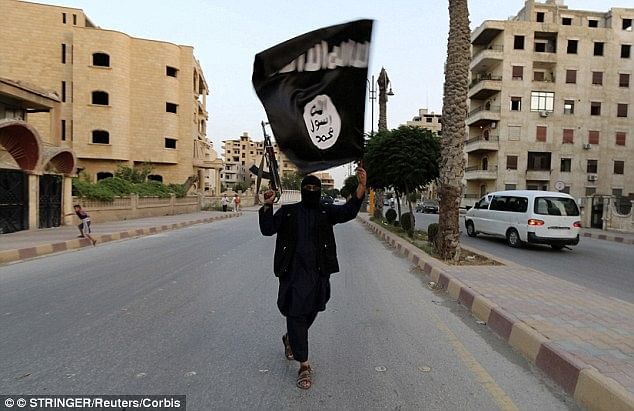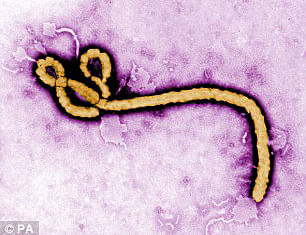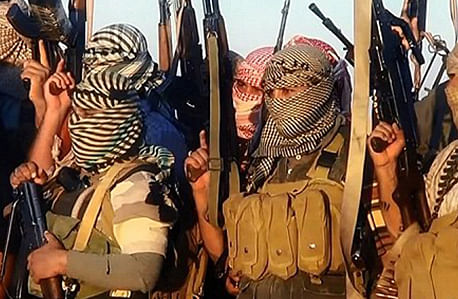ISIS fighters ‘have contracted Ebola’

The World Health Organisation is investigating reports that ISIS militants have been showing up at an Iraqi hospital with Ebola, repots Mail Online.
According to three media outlets an undisclosed number of militants displaying signs of the disease attended a hospital in the ISIS-held city of Mosul, 250 miles north of Baghdad.
While the reports, from Kurdish and pro-Iraqi sources, remain unconfirmed, WHO spokesman Christy Feig said the group are trying to reach out to officials in ISIS-held areas to offer help.
UN workers are currently banned from entering ISIS-controlled areas in both Iraq and Syria so it is unlikely an operation in the region could be carried out.

Feig told Mashable: 'We have no official notification from [the Iraqi government] that it is Ebola.'
Mosul has been under control of ISIS since June 2014 and over the past few weeks militants have reportedly executed more than a dozen doctors for refusing to treat injured fighters.
According to a report in Iraq's pro-government newspaper, al Sabaah, the disease was brought to Mosul by 'terrorists' arriving 'from several countries' and Africa.
The symptoms of Ebola, which include nausea and vomiting, diarrhea, bleeding and bruising, are similar to those of other diseases including malaria and yellow fever meaning it could easily have been misdiagnosed.
In addition, very few ISIS fighters are believed to have travelled up from West Africa where the Ebola outbreak originated with most coming from areas where there have been no reports of the disease.
The reports have appeared in pro-government and Kurdish media but if true it could have catastrophic implications for people in ISIS-held areas as the group is against western science and medicine.
It is not known if any of the surviving doctors in Mosul are equipped to test for Ebola or trained to treat patients and prevent the spread of the disease. Yesterday the United States and its allies staged 29 air strikes on Islamic State targets in Syria and Iraq on Wednesday, the Combined Joint Task Force said.

The action in Syria included 17 strikes near the cities of Al Raqqah, Dayr az Zawr and Kobani. A variety of Islamic State buildings, fighting positions and units were hit.
In Iraq, 12 strikes targeted Islamic State buildings, fighting positions and units near the cities of Mosul, Fallujah and Sinjar.
Fighters, bombs and remotely controlled aircraft were used.

 For all latest news, follow The Daily Star's Google News channel.
For all latest news, follow The Daily Star's Google News channel. 



Comments